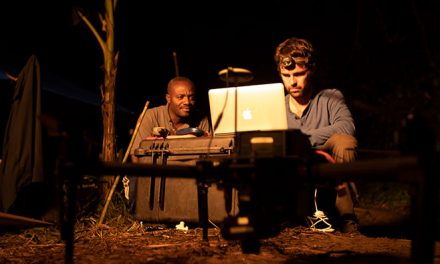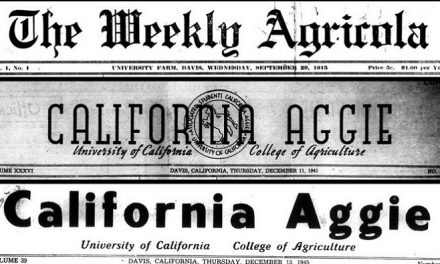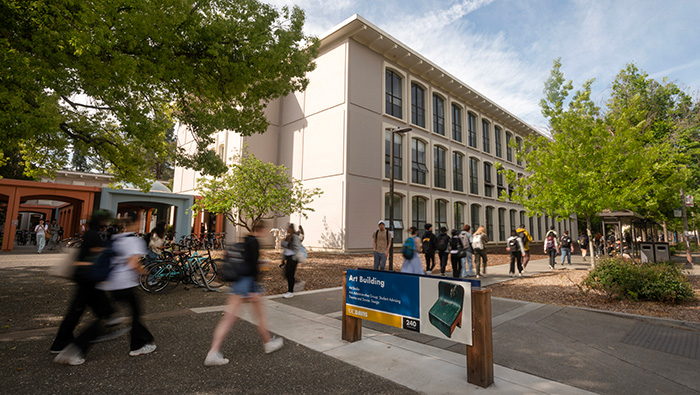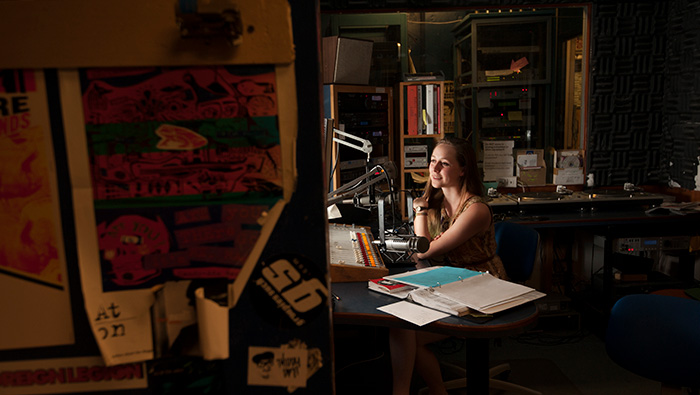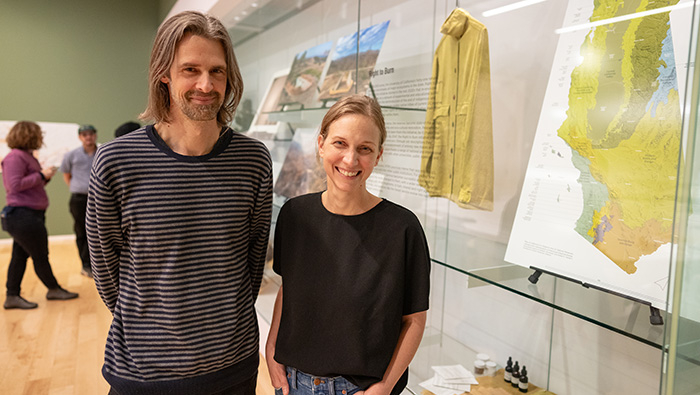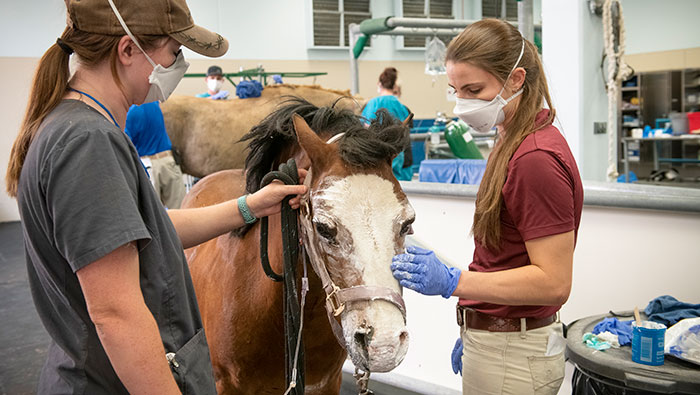
Veterinary medicine students treat a burned horse. (Courtesy)
Responding to Record-Setting Wildfires
From putting out the fires to caring for injured people and animals, to providing emergency housing for colleagues and their families — UC Davis is responding to the horrific spate of wildfires in a big way.
As of this Aug. 25, UC Davis had provided shelter for 15 households, a total of more than 40 people, faculty, staff and students and family members, most of them having had to evacuate, others who lost their homes.
The campus Fire Department as of Aug. 24 had contributed nearly 700 person-hours to firefighting efforts in Southern California and locally, for example, on the LNU Lightning Complex, where a UC Davis engine crew assisted on structure protection and backfiring operations around Vacaville and Winters last week.
Cal Fire reported today that the LNU complex had covered 371,249 acres across five counties — Lake, Napa, Solano, Sonoma and Yolo — and was 35 percent contained.
With fires of that size and hot spots all over the state, the UC Davis Fire Department has been going nonstop.
No sooner had a four-person crew on Brush Truck 34 returned to campus from the LNU complex on Aug. 23, after having first worked on fires in the Angeles National Forest, than the truck was back on the road the next morning, returning to the LNU with a fresh crew, assigned to 24-hour shifts in Winters.
Also last week, the UC Davis Medical Center was treating four people in intensive care for burns suffered in the Northern California wildfires — and still keeping up with the coronavirus pandemic.
Read how UC Davis is responding to poor air quality, a result of the smoke from wildfires.
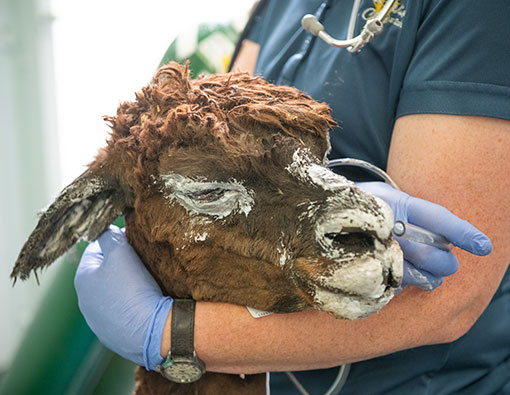
A burned alpaca is treated in the UC Davis Veterinary Medical Teaching Hospital. (Courtesy)
Veterinary care in the field
The School of Veterinary Medicine was taking care of four-legged patients: more than 1,000 in the field and more than two dozen in the Veterinary Medical Teaching Hospital. Officials said they are purposely trying to do most of their first aid in the field, because they are forced by the pandemic to limit hospital capacity.
On Aug. 25, the Veterinary Emergency Response Team deployed a four-person team — one faculty veterinarian and two resident veterinarians, and one student — on a search and rescue operation in the Vacaville foothills. The team also performed wellness examinations on animals sheltered in place.
At the campus hospital, the team has treated 11 alpacas, six goats, five horses, three llamas, three cats and two sheep.
Read more about the veterinary school’s response to the wildfires.
Emergency housing
UC Davis put out the welcome mat Friday, offering short-term emergency housing for campus affiliates including faculty, staff and registered students and their families who had been impacted by evacuations or lost their homes due to the wildfires.
For campus affiliates who need somewhere to stay until evacuation orders are lifted and they can return home, the university is offering stays of up to five days. For campus affiliates who have lost their homes, the university can help explore options for longer-term housing solutions.
Heroism amid the destruction
UC Davis sustained losses, too, as the LNU Lightning Complex struck four of the university’s natural reserves: Quail Ridge, Stebbins Cold Canyon, Cahill Riparian Preserve and McLaughlin Natural Reserve, all in the vicinity of Lake Berryessa west of Davis.
With access limited, officials had not yet been able to assess the full extent of the damage to facilities and research projects. Shane Waddell, though, has seen some of what happened at Quail Ridge, where he is the reserve director. Fire claimed his home and eight tent cabins.
His family evacuated Aug. 19, while he stayed behind to monitor the fire. As the flames drew closer, he decided to leave — but not until he had told his neighbors on the Quail Ridge peninsula it was time to depart for their own safety.
Peggy Fiedler, executive director of the UC Natural Reserve System, said UC reserve managers and stewards up and down the state had been “absolutely heroic in their efforts to save life and property.”
Read more about what happened at the UC Davis reserves and four other UC reserves.

